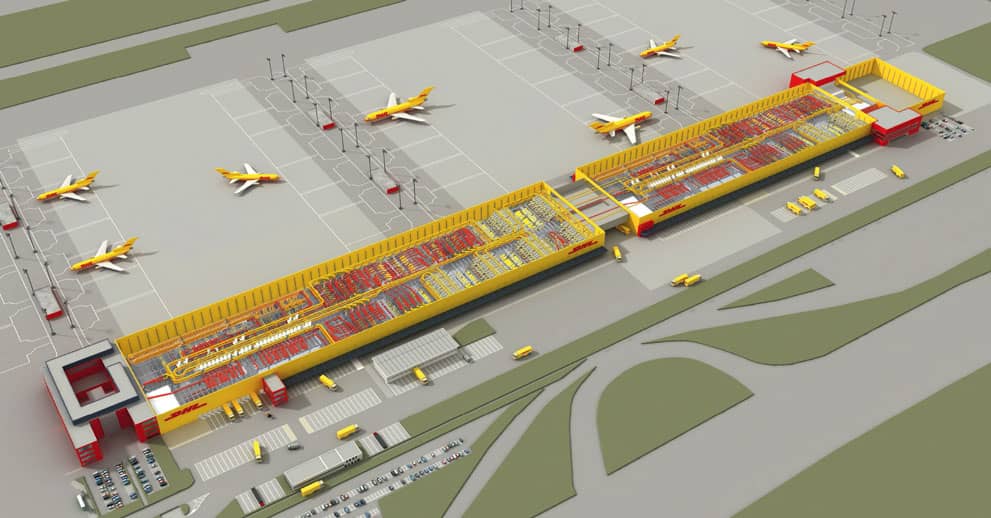The African Continental Free Trade Area (AfCFTA) represents a transformative opportunity for Nigerian businesses. With a market of 1.3 billion people across 48 member states, it's not just Africa's largest free trade agreement—it's a gateway to unprecedented growth for forward-thinking companies.
The AfCFTA Advantage: More Than Just Trade
The agreement's impact goes far beyond eliminating tariffs. It's creating a unified African market that could reshape the continent's economic landscape by 2036. For Nigerian businesses, this means:
Direct access to Africa's $3.4 trillion projected GDP
Phased elimination of tariffs across 90% of goods
Streamlined cross-border trade in services
Enhanced competitive positioning in regional markets

Strategic Opportunities for Nigerian Enterprises
Identifying Your Market Sweet Spot
Success in the AfCFTA marketplace requires strategic positioning. Nigerian businesses are particularly well-positioned in several high-growth sectors:
Agricultural exports and food processing
Manufacturing and industrial goods
Technology and digital services
Professional and business services
The key is not just entering these markets, but understanding local consumer preferences and adapting your offerings accordingly.
Building a Solid Foundation for Cross-Border Trade
To capitalize on AfCFTA's opportunities, Nigerian businesses need a robust operational framework:
Strengthen Your Supply Chain
Focus on developing reliable logistics partnerships and efficient distribution networks across target markets.Master Compliance Requirements
Invest in understanding the regulatory landscape. Consider bringing in compliance expertise to navigate the complex web of trade policies.Develop Strategic Partnerships
Build relationships with local distributors and businesses in your target markets. These partnerships can provide invaluable market insights and operational support.
Navigating Common Challenges
While AfCFTA offers immense potential, success requires overcoming several key challenges:
Infrastructure Gaps
Work with experienced logistics partners who understand African trade routes and can provide alternative solutions when needed.
Payment and Currency Considerations
Partner with established financial institutions that specialize in cross-border transactions and offer multiple currency solutions.
Logistics Optimization
Choose logistics partners with proven track records in African markets. Their expertise can help you navigate infrastructure challenges and ensure reliable delivery.

Your Partner in African Trade Expansion
DHL's extensive African network and deep expertise in cross-border logistics make us an ideal partner for Nigerian businesses expanding through AfCFTA. Our services include:
Comprehensive customs clearance support
Real-time shipment tracking
Efficient multi-modal transportation
Supply chain optimization
Local market expertise
Open a DHL business account today and unlock seamless order delivery and the potential of AfCFTA.
Taking the Next Step
The AfCFTA agreement offers Nigerian businesses an unprecedented opportunity to expand across Africa. Success requires careful planning, the right partnerships, and a long-term commitment to understanding and serving new markets.
Start your expansion journey today by partnering with DHL. Our team of experts can help you navigate the complexities of cross-border trade and unlock the full potential of AfCFTA for your business.




































